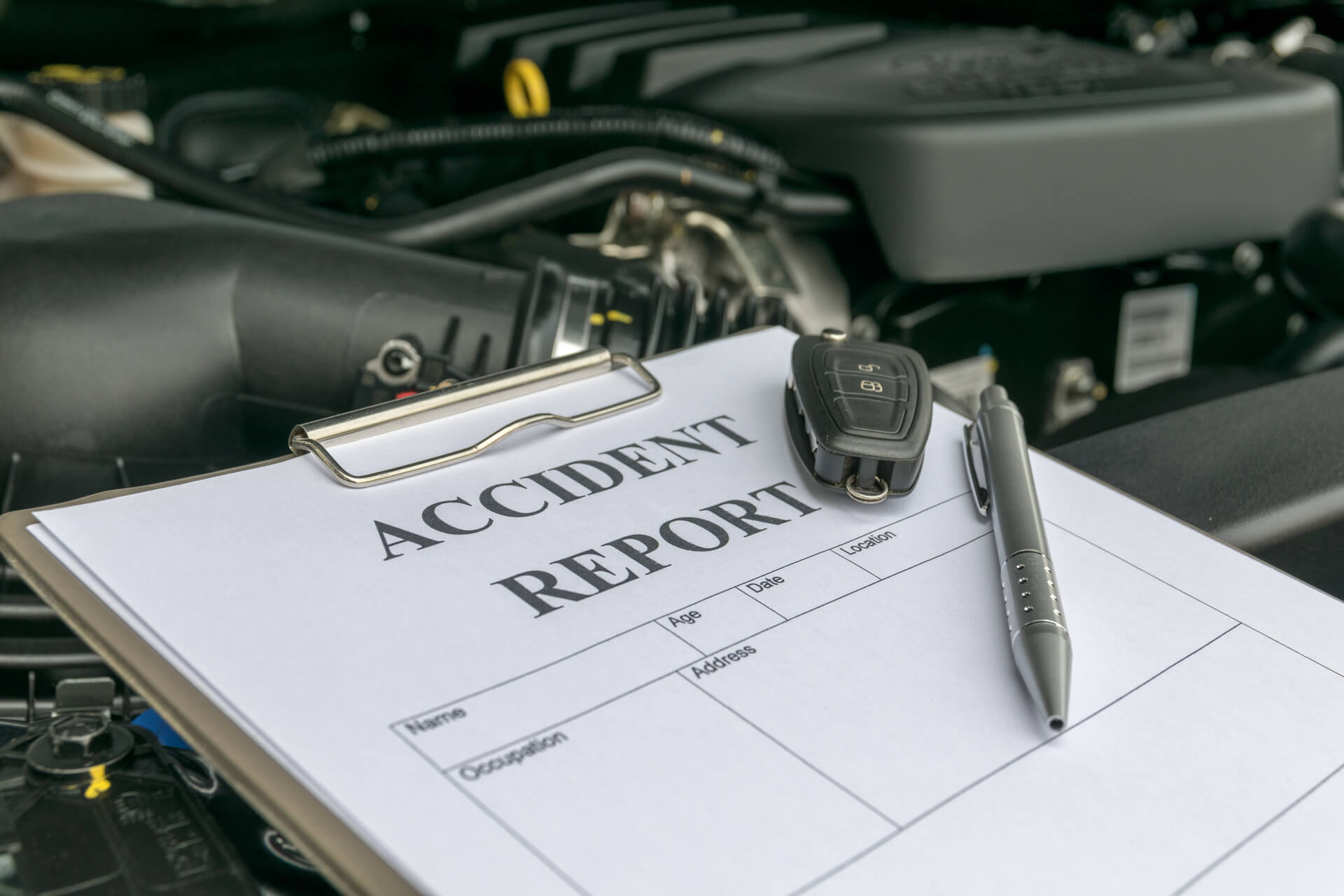
What Your Car’s Black Box Records — And Who Can Access It After a Crash

by Erin Anderson
You've probably heard of an airplane's black box — but did you know your car likely has one, too?
Most vehicles built after the early 2010s come equipped with an Event Data Recorder (EDR) — often called a "black box" — that silently tracks key driving data. You might not notice it, but it could play a big role after a crash.
So, what exactly does your car's black box record? And more importantly — who's allowed to see that information?
What Your Car's Black Box Actually Records
The EDR doesn't record everything you do behind the wheel. It's not always "on," and it doesn't have video or audio capabilities. But it does capture critical driving data during certain events — especially crashes or sudden deceleration.
Here's what it typically logs:
- Vehicle speed at the time of impact
- Throttle position (how hard you were pressing the gas)
- Brake usage and when you applied the brakes
- Seatbelt status (whether they were fastened or not)
- Steering angle and direction of movement
- Airbag deployment and timing
- Engine RPM and acceleration patterns
- Force of impact and crash severity
Some systems also record GPS location, stability control actions, or whether advanced safety systems like lane assist or forward-collision warning were active at the time.
The device is usually triggered during moderate to severe collisions — but it may also capture data from near-crashes or hard braking events.
Can You Access the Data Yourself?
Sort of — but not easily.
Most drivers can't access black box data without the help of a professional. The information is stored in a secure system that usually requires special tools or software to retrieve. Law enforcement, accident investigators, or insurance companies may have that access.
Some automakers and third-party services offer drivers access, but you'll often need to work with a technician or request the data formally. And depending on your state, you may not always be entitled to it.
So… Who Can Access Your Car's Black Box Data?
Here's where things get tricky — and where privacy concerns come into play.
Access to black box data is regulated differently depending on where you live. Generally:
- Law enforcement may need a warrant or your consent to access the data, unless there are special circumstances.
- Insurance companies can sometimes use the data in claim investigations — especially if you consent to it in your policy (check the fine print).
- Courts may subpoena the data during lawsuits or criminal proceedings.
- Auto manufacturers or mechanics might access it for diagnostic purposes, but typically not for legal use.
In most states, you technically own the data recorded by your car's black box. But that doesn't mean you always control how it's used — especially once a legal or insurance investigation begins.
How It Can Affect You After a Crash
If you're in an accident — whether it's your fault or not — the black box could support or contradict your version of events.
For example:
- If you say you braked before impact but the data shows no brake use, that could be a red flag.
- If you were wearing your seatbelt and the box confirms it, that could strengthen your claim.
- If someone accuses you of speeding, your black box may help prove otherwise.
Insurers, police, and lawyers increasingly rely on this data to reconstruct accidents, settle disputes, or determine liability. That's why it's important to know what it records — and that it's even there.
Can You Turn It Off or Disable It?
Not really. Most black boxes are integrated into your vehicle's safety systems and can't be disabled without tampering with other important components — which could void your warranty or cause legal issues.
Even if you could disable it, doing so might raise eyebrows in an insurance investigation or lawsuit.
The Bottom Line
Your car's black box isn't spying on your daily commute — but in the event of a crash, it could become one of the most important witnesses. While you technically own the data, others may be able to access it with the right permission or legal backing. That makes it essential to understand what it tracks, how it works, and how it could impact your insurance claim or legal standing after an accident.
Curious what your insurance policy says about black box data or telematics? This might be a smart time to review your coverage — or compare quotes if you haven't shopped around lately. The more you know, the better protected you'll be.